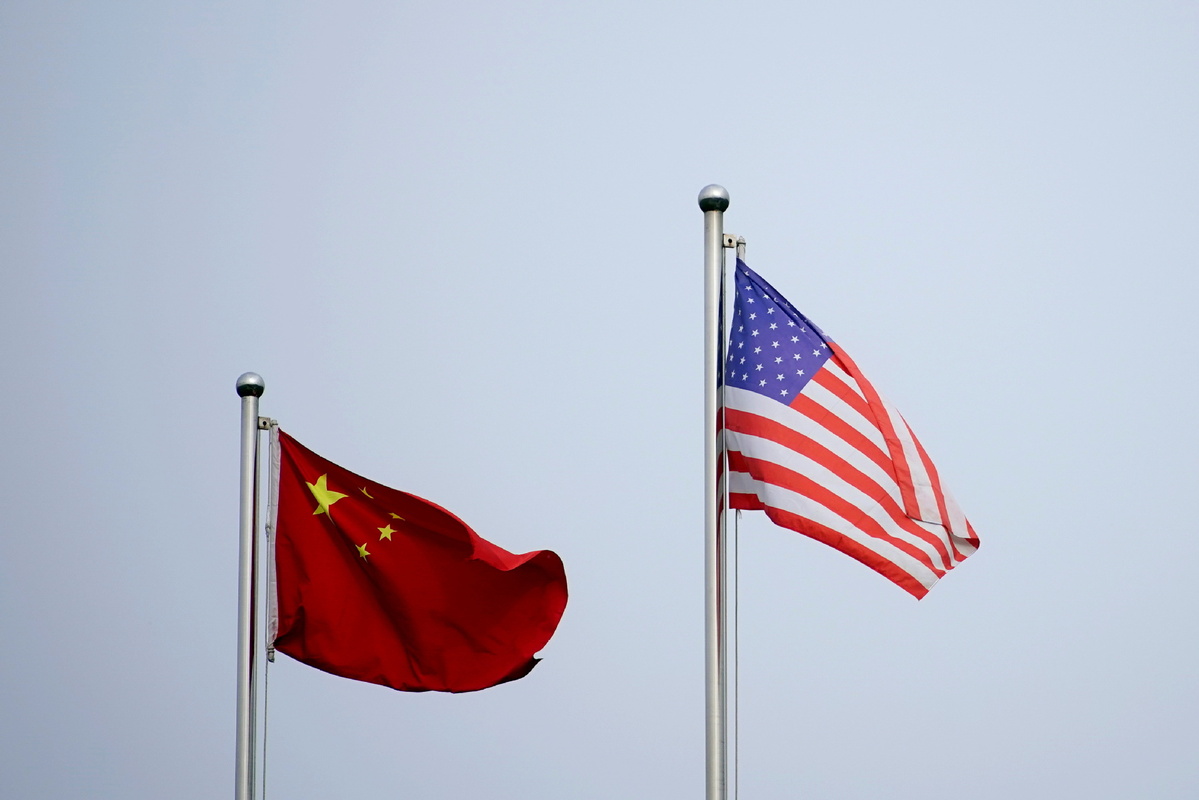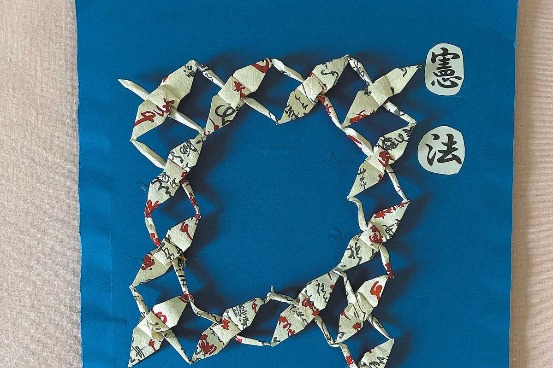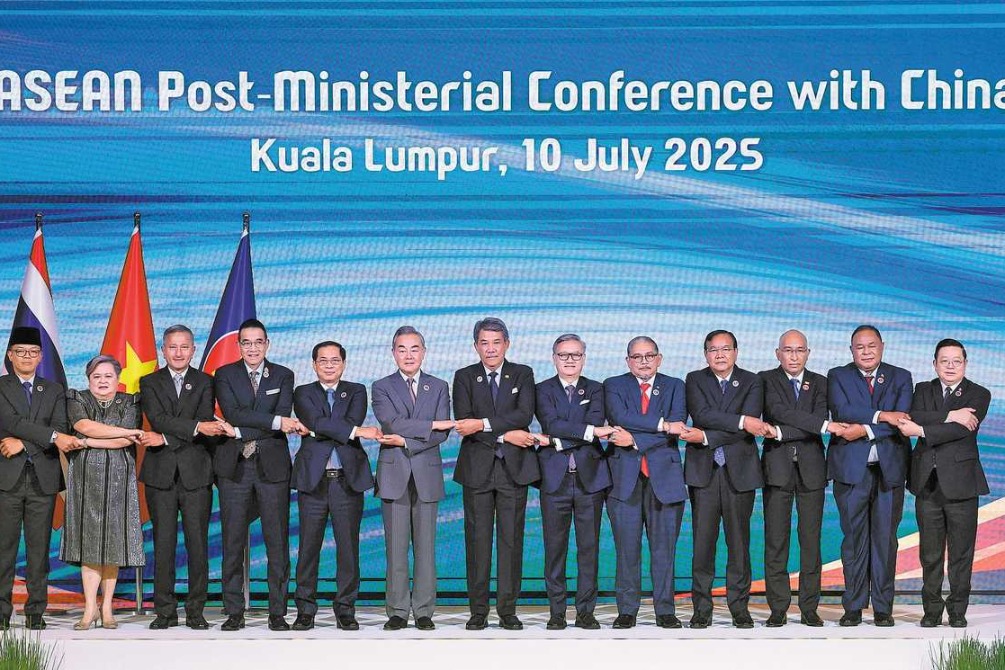US gets caught out in its own disinformation


Differing slants on alleged Russian aid request expose bid to muddy the waters
Ahead of Monday's talks between senior United States and Chinese diplomats in Rome, US officials told leading newspapers in Washington and New York that Russia had turned to China for military equipment and aid.
Hours after the seven-hour sessions, in which China's top diplomat Yang Jiechi at one point told US National Security Adviser Jake Sullivan that Beijing "resolutely opposes any words and deeds that spread false information", White House officials fell short of confirming the reported Russian request.
Citing US officials, US media reported on Sunday that Moscow had asked Beijing for military and economic aid for its special military operation in Ukraine. "The officials did not describe what kind of weaponry had been requested, or whether they know how China responded," The Washington Post reported.
Another report, from The Associated Press, quoted an official as saying "Moscow has received a positive response from Beijing".
However scant the information, the intense coverage of these "anonymous" officials' words made headlines across multiple media platforms, driving home the so-called China aid message and helping to make the alleged aid request one of the most important issues-if not the sole one-at the Rome meeting.
The coverage also overshadowed a denial from the Kremlin, whose spokesman Dmitry Peskov said categorically, "No, Russia has its own potential to continue the operation "in Ukraine that it started on Feb 24.
But the reports of a Russian aid request took a drastic twist after Monday morning's Rome talks.
At a background press call, an official, identified as a "senior administration official", was noncommittal on whether the administration believes that China agreed to, or has already provided, military or financial assistance to Russia.
During the phone call with reporters on Monday afternoon, one reporter asked if the US had "information that China has expressed an openness to providing Russia with the requested military and financial assistance that we've all reported on" and if any assistance had already been provided to Russia.
"I do not have any comments for you on that," said the official, who was then asked: "Can you say why you don't have any comment?"
The official responded: "We're not communicating via the press with the PRC. We are communicating directly and privately with China about our concerns, about the kinds of support that other countries might be providing to Russia."
Later in the afternoon, at a daily briefing, White House press secretary Jen Psaki also declined to comment on whether the US believes China has already provided the Russians with assistance, or expressed intentions to do so.
Evasive response
"I'm not in a position to confirm or detail any intelligence from here at this point in time," Psaki said.
If US President Joe Biden's press secretary believed that she was "not in a position" to confirm or detail that intelligence, why were other US officials, as reported by US media on Sunday, in that position to impart the sensitive information?
It's logical to believe that information amounted to "communicating via the press with the PRC", and was leaked or spread on purpose.
No wonder Chinese Foreign Ministry spokesman Zhao Lijian showed disgust for the reports.
Asked at a daily briefing on Monday about the reported Russian request for assistance, Zhao said: "The US has been maliciously spreading disinformation targeting China recently over the Ukraine issue." He said China's position on the Ukraine issue is consistent and clear and it has been playing a "constructive" part in promoting peace talks.
China has said it does not take the initiative to provide weapons to others facing the risk of conflict, "unlike when the US offered Ukraine a large amount of military equipment".
"There's a fundamental difference in methods between China and the US on this issue. … Russia doesn't need China or other countries to provide weapons to it," Foreign Ministry spokeswoman Hua Chunying said at a news conference on Feb 24.































